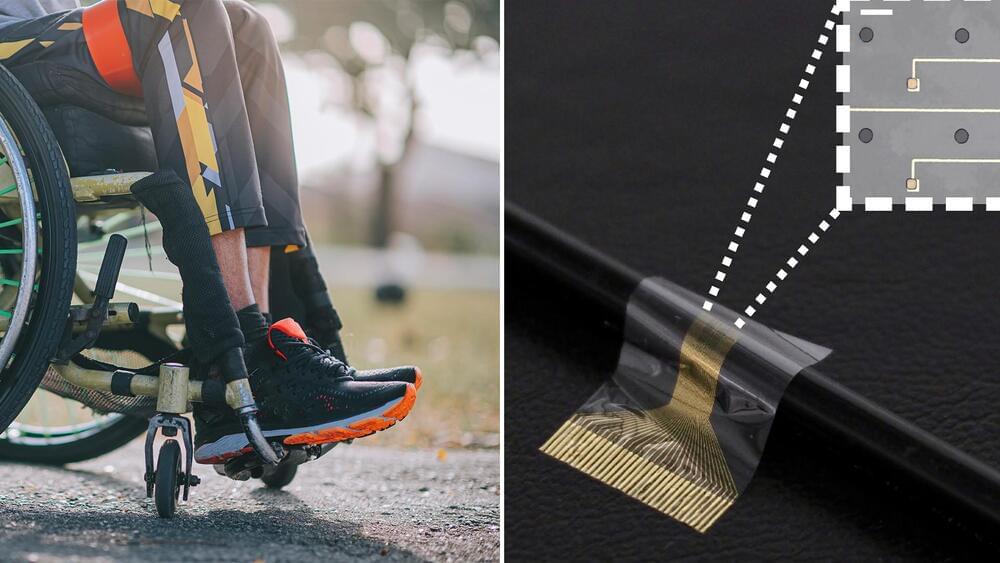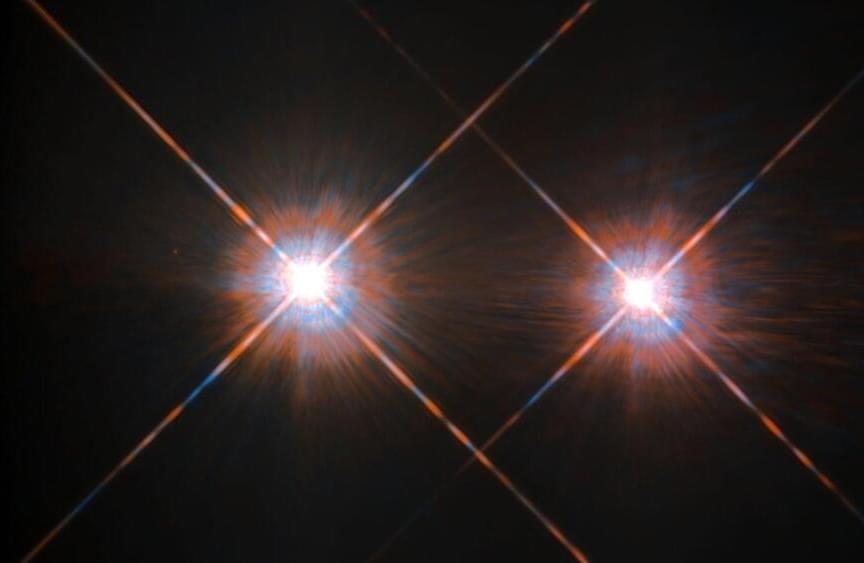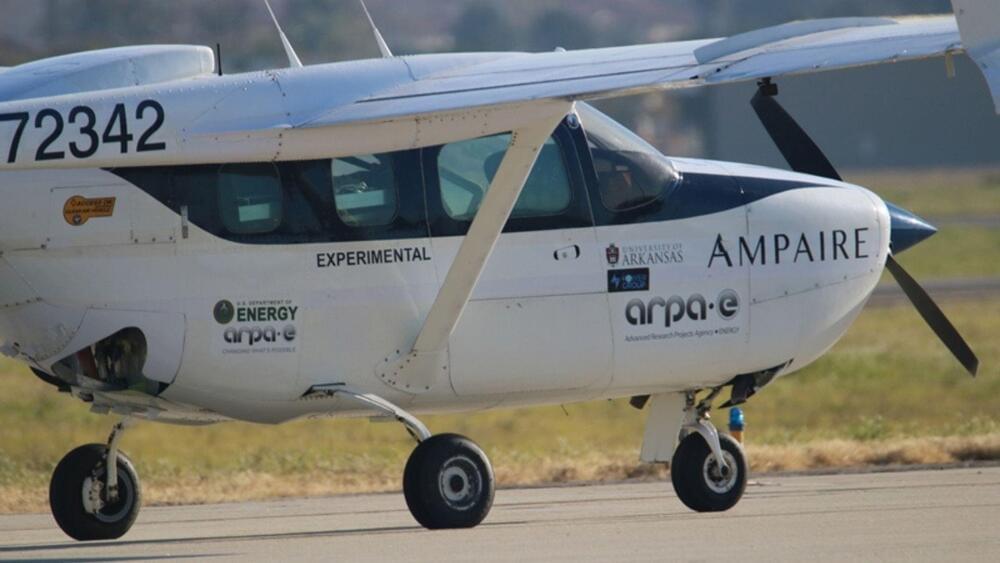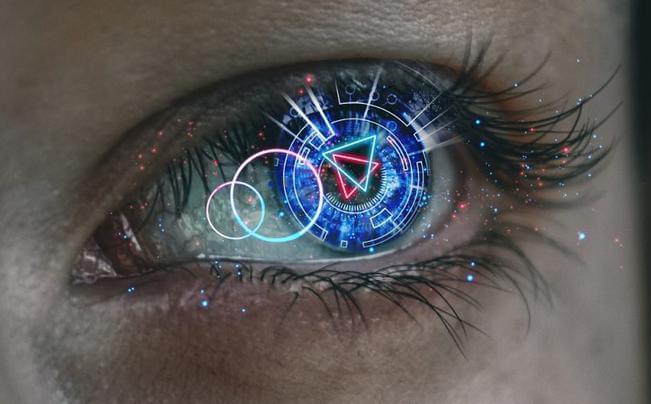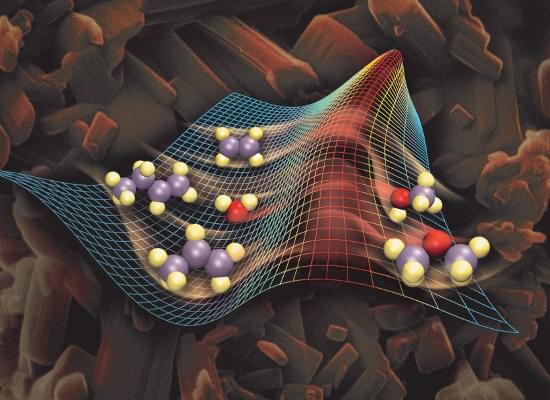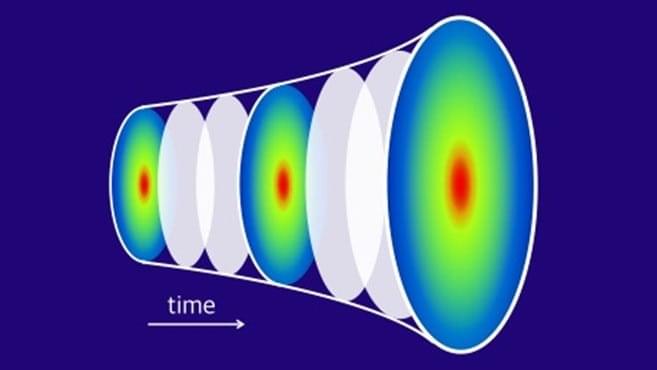“This new advancement would also allow the encoding of data on ultrafast laser pulses.”
A team of international physicists, led by the University of Arizona, was able to switch a light signal optically at attosecond rates in order to achieve hitherto unreachable data transfer speeds: one quintillionth of a second is an attosecond.
Optical transistors will regulate electric signals.

